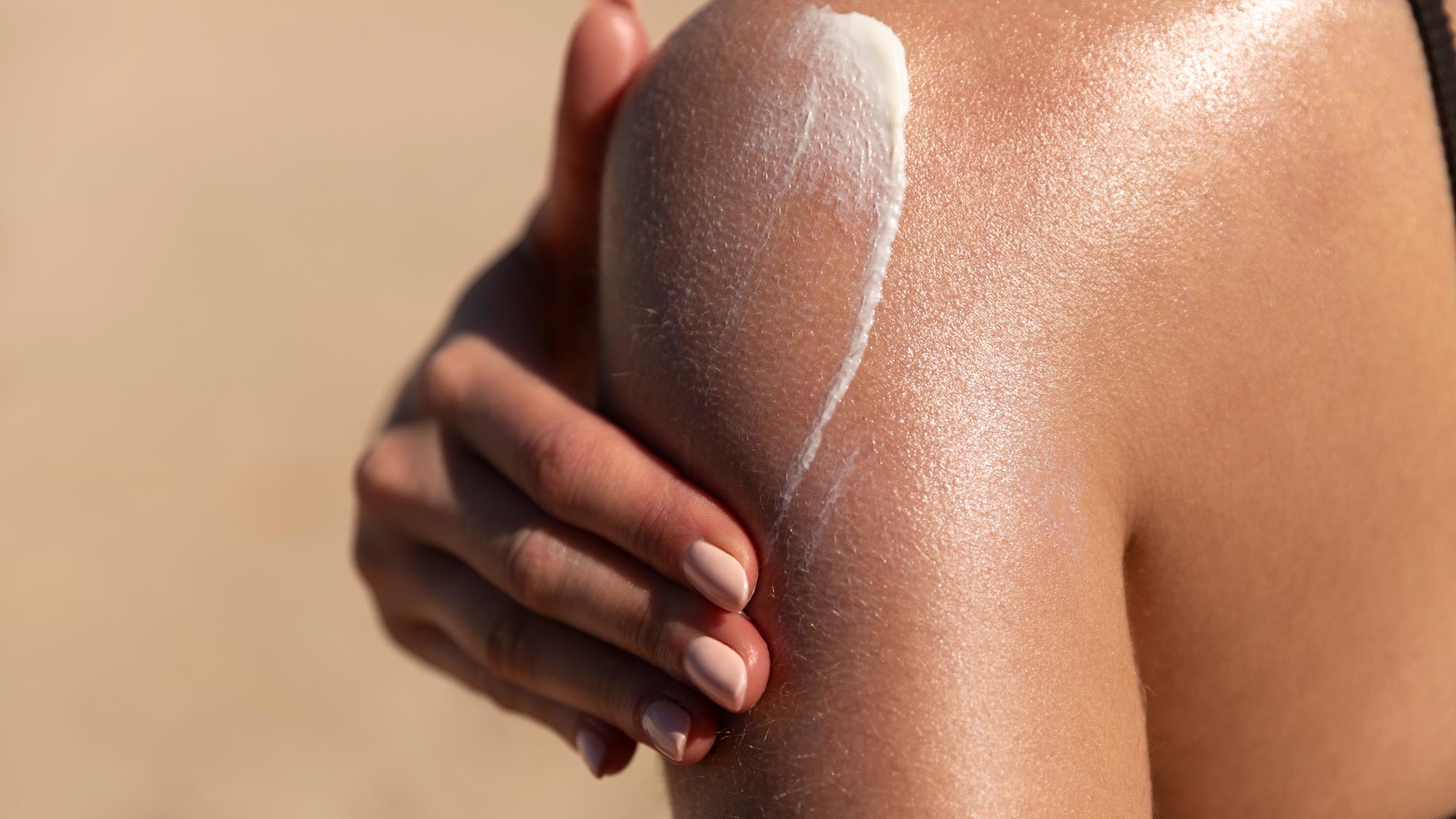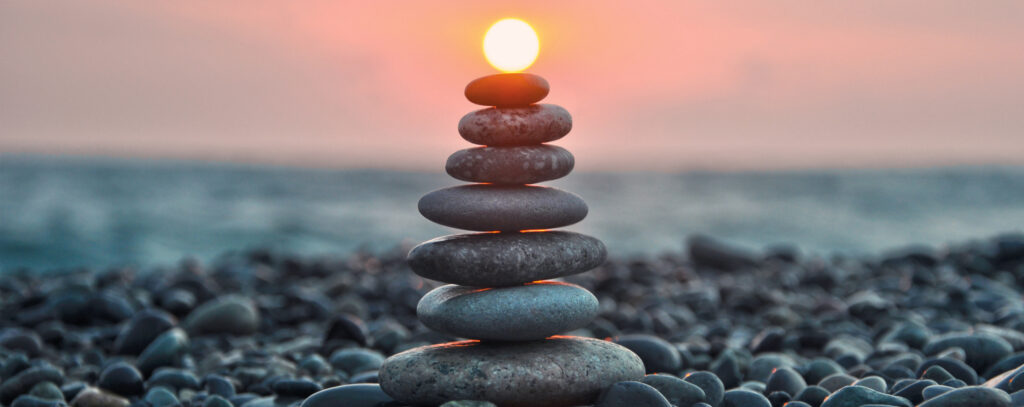Basics of sun protection
The best thing you can do to protect your skin is to keep it covered with long sleeves, pants and hats. Dry, tightly woven fabrics will also protect you better than loose or wet fabrics. However, the best protection for exposed skin is sunscreen. And don’t forget, the sun can still harm you on cloudy or cold days, and being near water can make UV rays more intense. When it comes to your eyes, sunglasses do a lot more than keep you from squinting. They protect your eyes from harmful UV rays and can help reduce the chance of getting cataracts. Find a cute pair, and it’s a win-win.

All about sunscreen
When searching for a sunscreen, any SPF will help protect you, but aim for SPF 30 or higher for the best protection. You should be applying a nickel-sized amount of sunscreen to your face and an ounce to the rest of your body (about enough to fill a shot glass) to make sure you’re protected. And while it may seem like the more sunscreen you apply the better, be advised that sunscreen is not recommended for babies six months old and younger. Instead, keep them covered or out of the sun completely.
When it comes to coverage, lotions are better than sprays because it’s easier to miss spots or not apply enough sunscreen when you’re spraying. There are also concerns over inhaling spray sunscreens although the FDA does not have guidelines on any potential health concerns at this time. When in doubt, go with the lotion, and don’t forget to reapply every two hours!

Treating a sunburn
If you do end up with a sunburn that makes you look like a lobster, there are a few steps you can take to recover faster. Cool showers can ease pain. A gentle moisturizer that contains ingredients like aloe soothes the skin. If blisters form, resist the urge to pop them and give them time to heal. Your skin may peel and if it does, be gentle with it to avoid making your pain worse.
A sunburn is not fun on its own, but you may also find that you’re dehydrated. Sunburns draw water to the skin’s surface so be sure to drink extra water and stay out of the sun as much as possible while your skin heals. If your sunburn is especially painful, your doctor may prescribe a corticosteroid cream to give you some relief. Remember, sunburns increase your risk of skin cancer so avoid them as much as you can and see your doctor if your symptoms are severe.
Enjoy your time in the sun, but keep these tips in mind to protect your skin for years to come.















